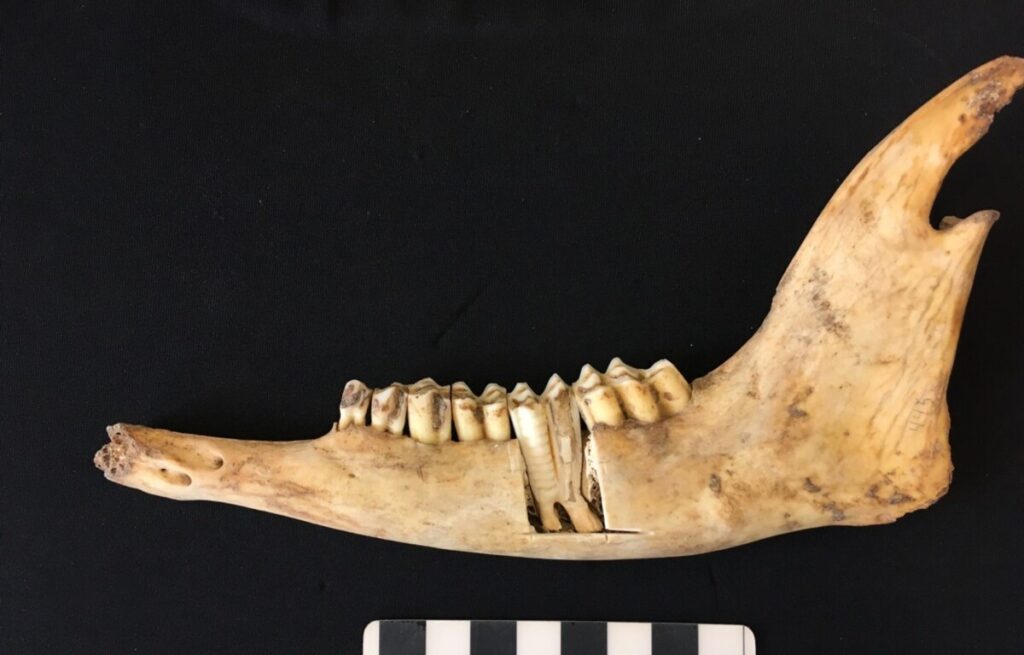Feeding cities: Isotopic insights into resource mobilisation in Archaic Italy

British School at Rome
via Antonio Gramsci 61
Roma
Data evento
14 Febbraio 2024
Over 2500 years ago, some of the earliest cities in western Europe emerged in central Italy. By the middle of the first millennium BC, these settlements possessed all the physical attributes classically ascribed to a city, from monumental buildings to organised urban space. Archaeological investigations provide ample testament for the form of these settlements, but how did they function? Surplus production in an agricultural hinterland fuelled the rise of these early cities, but there is little direct evidence for how and where staple crops and livestock were produced. Did people and animals flow unimpeded across and beyond the hinterlands of central Italy’s early states? Or did a contested territorial landscape also shape rural production?
This talk presents new results from UrbanHerds, a collaborative research project investigating animal management and environmental exploitation in Archaic Italian cities (c. 600–400 BC). New isotopic results are contextualised with zooarchaeology and ancient sources to offer insight into pastoral strategies and animal mobility patterns (e.g. transhumance). Results shed new light on city-hinterland interaction and the nature territorial control at the dawn of European urbanism.
